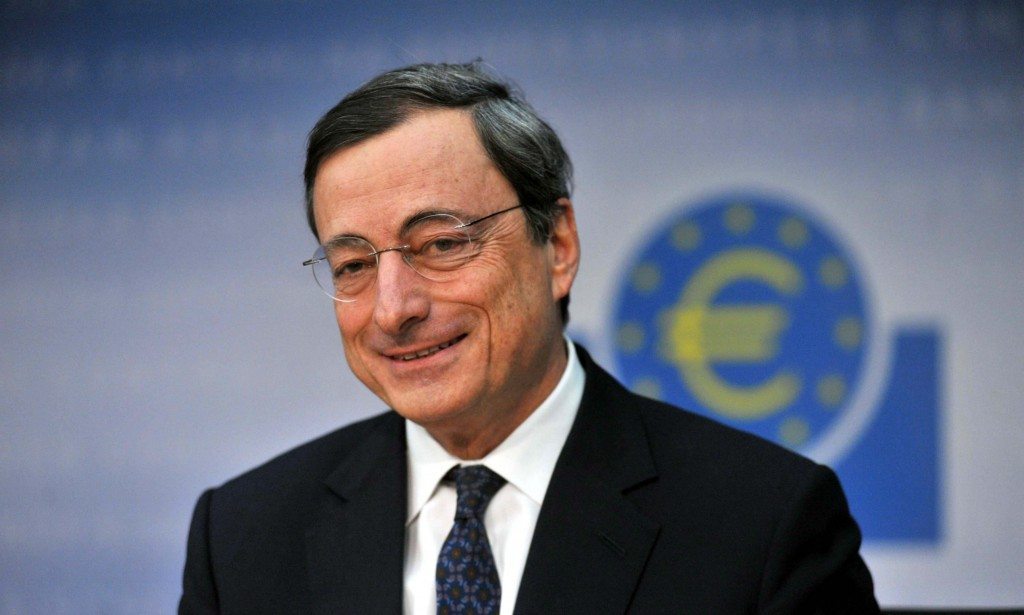European Central Bank President Mario Draghi has reduced interest rates the bank pays on cash held there by ten basis points. As a result, the interest rate is now negative 0.4% compared to the earlier negative 0.3%. This was in line with market expectations.
Nevertheless, stock markets remained volatile with initial gains followed by sharp declines, as traders are not sure what the consequences of a negative rate may be. The central bank chief also said that there would not be any additional rate cuts based on the current atmosphere.
Click Here For More Market Exclusive Updates & Analysis
Expansion Of Asset Purchase Program
The ECB also disclosed its intention of extending its asset purchase program to €80 billion per month. The bank would also commence purchasing investment grade corporate bonds. Following the developments, the Stoxx Europe 600 advanced 2.5% before losing its gains along with all other major European indices. The euro, which fell sharply after the rate cuts, managed to reverse the trend to post a 0.3% gain to $1.1018.
The most to gain in the stock market was the banking stocks led by UniCredit SpA registering an 11% gain initially until falling back to 2.3% by midday. Deutsche Bank (NYSE:DB) recorded a 7% gain before falling back to even.
In the United States, the Dow Jones Industrial Averages, S&P 500 and Nasdaq were trading higher as well until falling back, now all down about 1%. As far as treasuries go, bonds advanced for a brief period before succumbing to trade lower following the rate cuts and bonds in Germany also pared initial gains.
More Than Expected
UBS’ Chief Economist for Europe, Reinhard Cluse, said that the ECB delivered a better-than-expected policy response on Thursday. He said that it was on the dovish side of expectations. Cluse also said that he expected a bigger increase of quantitative easing while including corporate bonds within the asset purchase spectrum.
The UBS economist said that there was no doubt the decision exceeded its dovish estimations. Cluse also sees risky assets like investment-grade bonds, bank credit, stocks, and peripheral Eurozone government debt to gain from today’s announcement.
